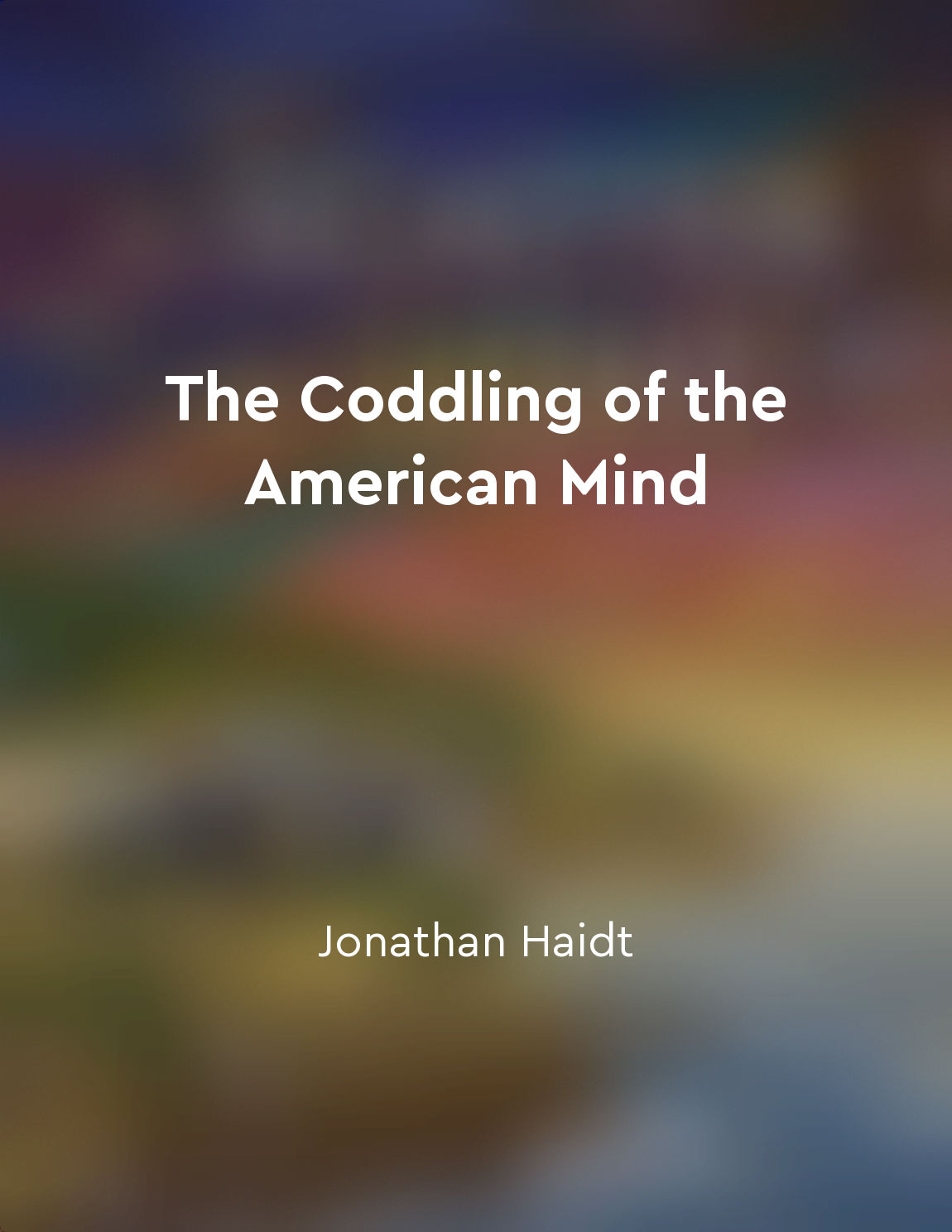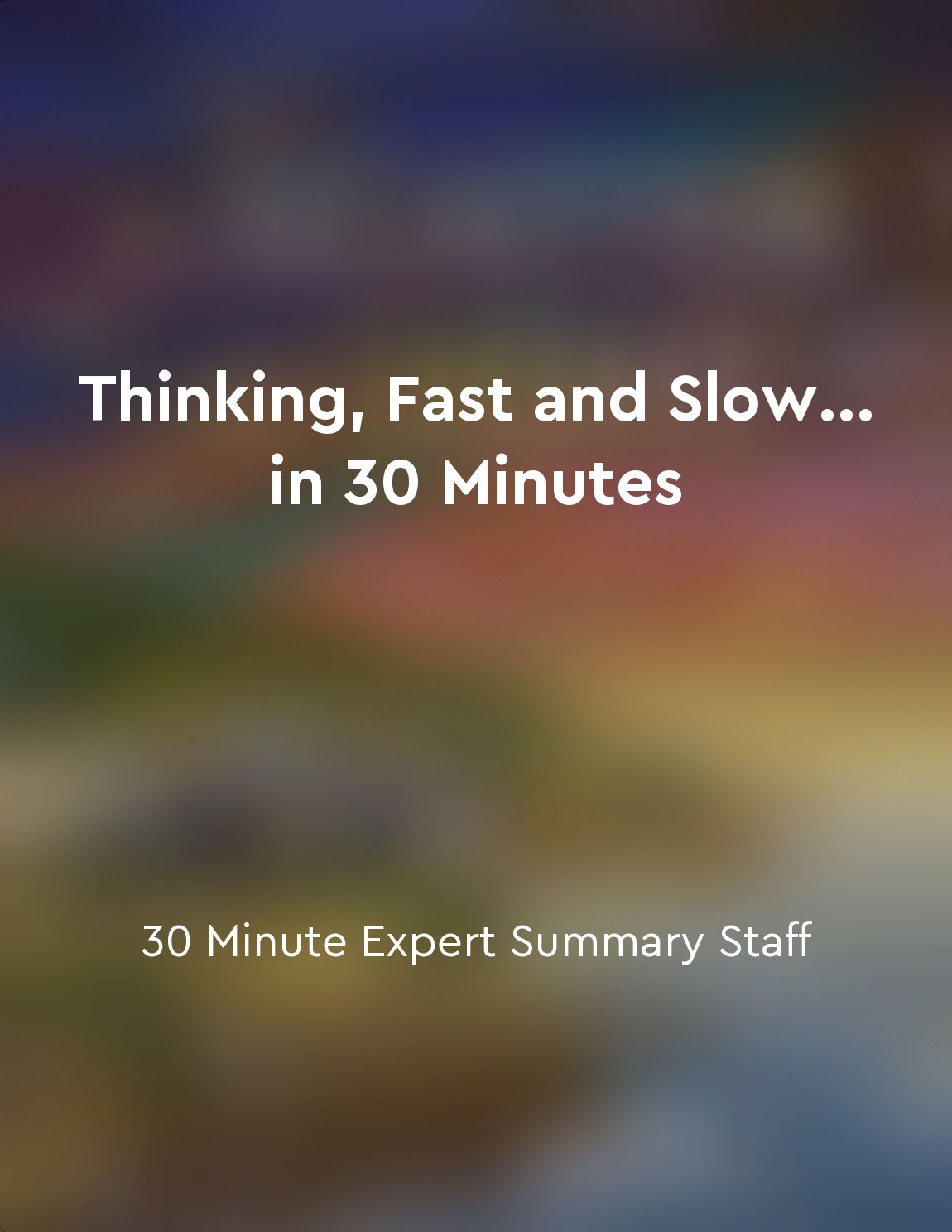Emotions play a key role in rapid cognition from "summary" of Blink by Malcolm Gladwell
In the blink of an eye, we make snap judgments and quick decisions based on our emotions. These emotions, whether positive or negative, play a significant role in our rapid cognition. They act as a shortcut to our unconscious mind, guiding us to make split-second choices without delving into deep analysis. Our emotions can be likened to a radar system, scanning the environment for cues and signals that influence our decision-making process. These cues are often subtle and nuanced, requiring a keen s...Similar Posts
Neuroplasticity offers hope for brain injury recovery
Neuroplasticity is essentially the brain's ability to rewire and adapt in response to different experiences and circumstances. ...
Take ownership of your actions for personal responsibility
To truly understand ourselves, we must be willing to accept responsibility for our actions. This means recognizing the impact o...

Challenging oneself intellectually leads to growth
The process of challenging oneself intellectually is essential for personal development and growth. When individuals push thems...
People seek out information that confirms their beliefs
The concept of seeking out information that confirms one's existing beliefs is a common tendency among individuals. When people...

Being a linchpin means standing out and making a difference
Being a linchpin is about being indispensable, about being the person who stands out and makes a difference in any situation. I...

Cognitive biases affect decisionmaking
Cognitive biases are systematic patterns of deviation from norm or rationality in judgment. These biases often lead people to m...
Developing emotional resilience can improve quality of life
The ability to bounce back from difficult experiences is a crucial skill that can greatly impact one's quality of life. Emotion...
Consider the longterm effects of your choices
When making decisions, it is crucial to think beyond the immediate consequences and consider the long-term effects that may res...
Vulnerability is a key theme in romanticism
The idea that vulnerability is a central theme in romanticism is a complex and nuanced concept that requires careful considerat...

Embrace the journey of mastering your emotions as it leads to greater selfawareness and emotional well-being
The journey of mastering your emotions is not a quick fix or a one-time solution. It is a continuous process that requires dedi...
